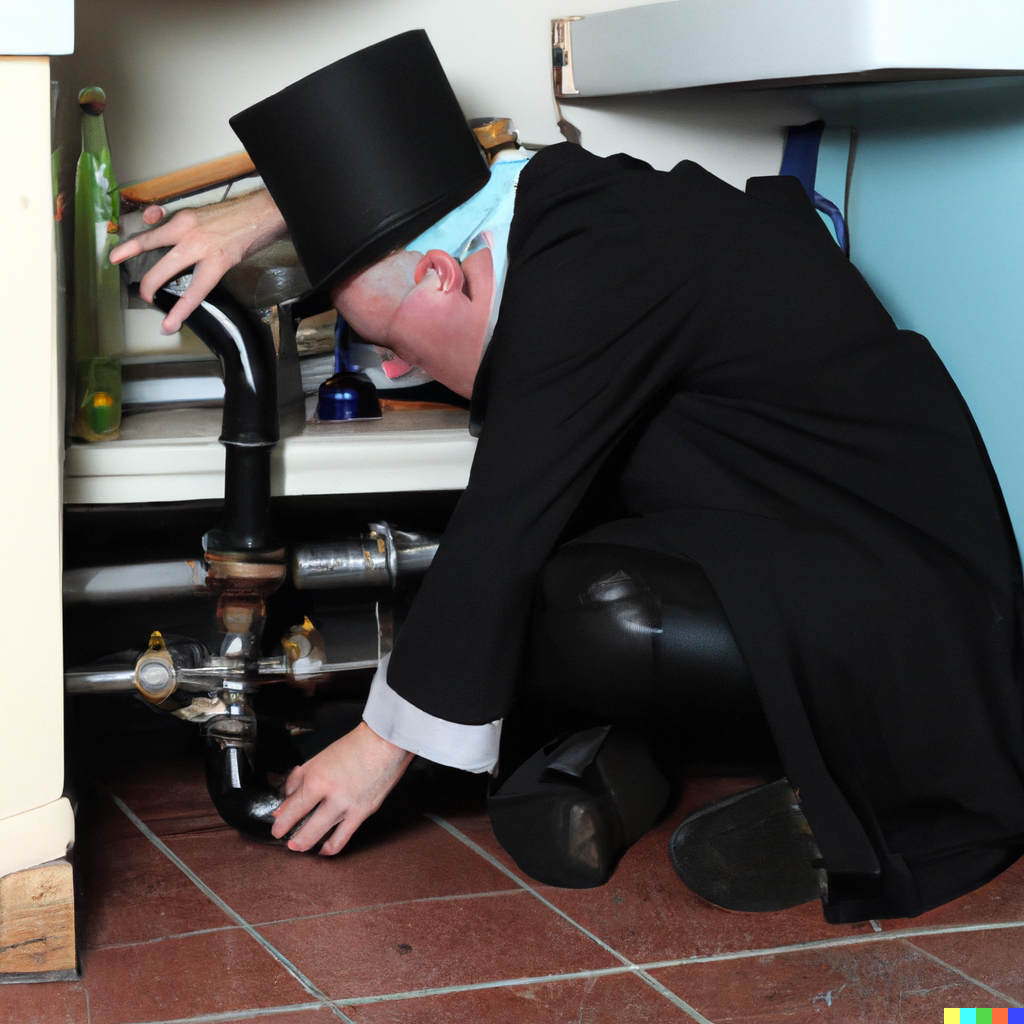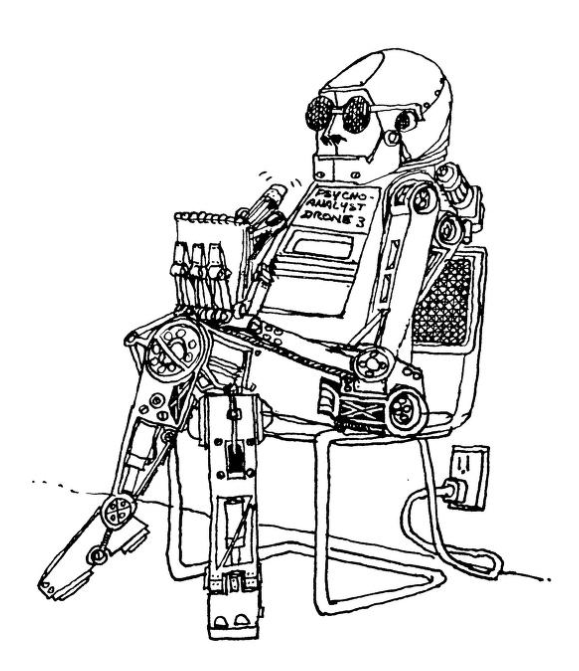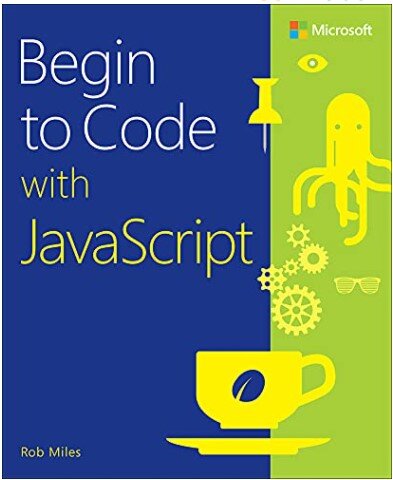Permission to Flail
/Just some trees
I was chatting today about student projects. As you do. I was wondering if there should be a period at the start of a project where folks should spend a while just flailing around with stuff. I find that when I’m starting a new project I tend to spend a while trying things and finding that they don’t work. At the time I’m doing this I can get a bit stressed because I don’t seem to be making any progress. However, after a while I find that things start to fit together a bit and some of the things I discovered while I was flailing around turn out to be useful. And other things might end up being used in a totally different context.
I’m now a lot more relaxed about flailing. I see time spent failing as actually useful. Of course flailing is only fun if the pressure level is lower. If the deadline is tomorrow flailing is no fun at all. But, if you manage your time correctly (top tip: always start before when you think you should) then you should be able to factor in a couple of days of flailing. I even suggested that there might be a formal period in a development project for some unstructured flailing around. Maybe flailing could become a thing. Here are my top tips for flailing:
Do it at the very start of the project, not when the deadline is close
Keep a very good log of what you’re doing. If you are using ChatGPT (a useful ally in the flailing process) you can ask it to summarise what you have just done and then you can drop that into your log.
As soon as you find an approach that you think might work, you are allowed to stop flailing and move onto the next phase.
Don’t regard it as a waste of time. It’s not. But if you have flailed for a while and nothing pops up it is best to step back from the project for a while (as long as you have time) and then come back to it.




















